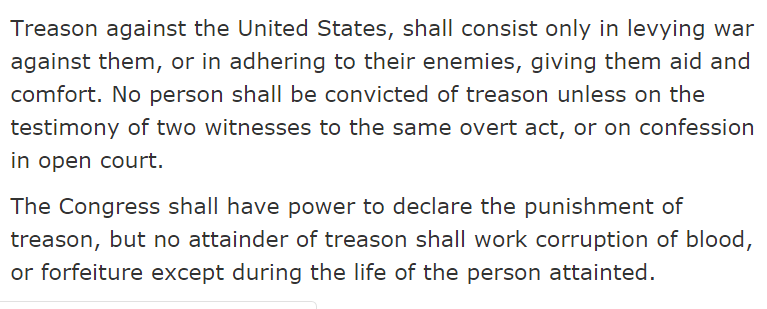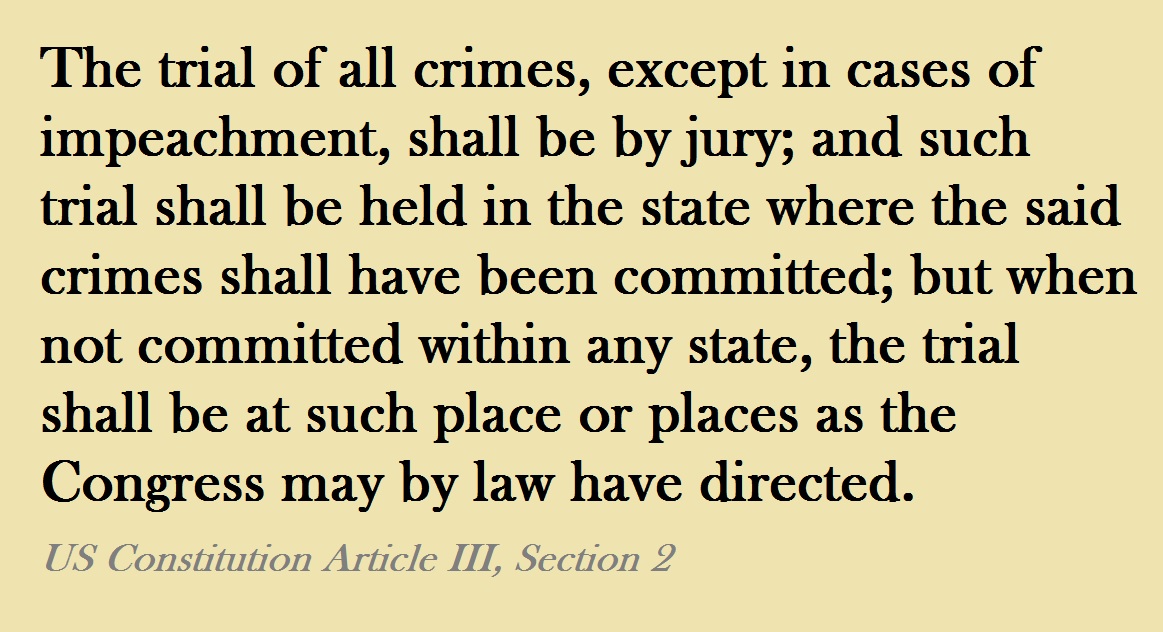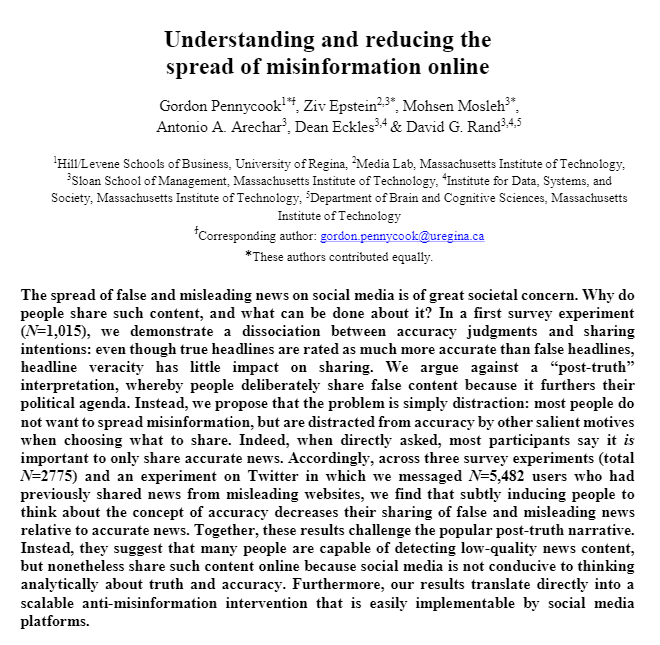"People, our rights were given us by the #Constitution. Those rights you are talking about were NOT given by #God!"
Here's a view of things expressed by the stalwart conservative Republican, #JFK in his #InauguralAddress:
You can find the entire speech here: davidstuff.com/usa/jfk-add.htm.
The thirteen original States preexisted the Constitution, and were joined in a Confederation organized under the Articles of Confederation.
apsanet.org/imgtest/Origin….
avalon.law.yale.edu/18th_century/u….
Notice, in reading that page, that those two amendments listed as the first and second amending articles are not what we think of as the First and Second Amendment.
The right to exercise one's own religion, or no religion, free from any government influence or compulsion
"FREEDOM OF SPEECH, PRESS, PETITION & ASSEMBLY
Even unpopular expression is protected from government suppression or censorship
The right to be free of unwarranted and unwanted government intrusion into one's personal and private affairs, papers, and possessions.
"DUE PROCESS OF LAW
The right to be treated fairly by the government whenever the loss of liberty or property is at stake.
The right to be treated equally before the law, regardless of social status"
You can see that discussion for yourself at aclu.org/racial.../bill…







